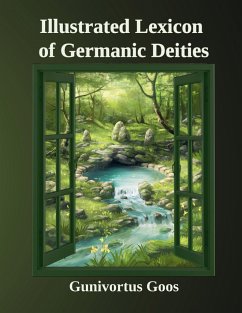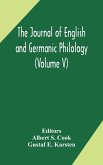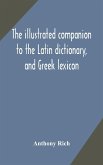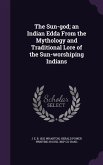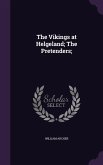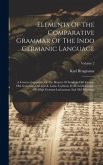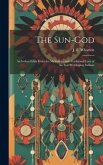This lexicon of Germanic deities fills a gap in its branch. It introduces goddesses and gods of Germanic peoples in the form of a lexicon. These are names of deities in inscriptions from Roman times, as well as deities from mostly medieval literary works from Iceland and Scandinavia, and goddesses and gods that are mentioned only in sources of later times, where the gathered collection of folk tales from the Renaissance on plays an important role.The quality of these sources varies greatly, all have their shortcomings and leave many questions unanswered. Regardless, this lexicon tries to explain all this as good as possible ... unambiguously and critically.The longer introductory chapter plays a central role in classifying and evaluating the provided information.
Bitte wählen Sie Ihr Anliegen aus.
Rechnungen
Retourenschein anfordern
Bestellstatus
Storno

